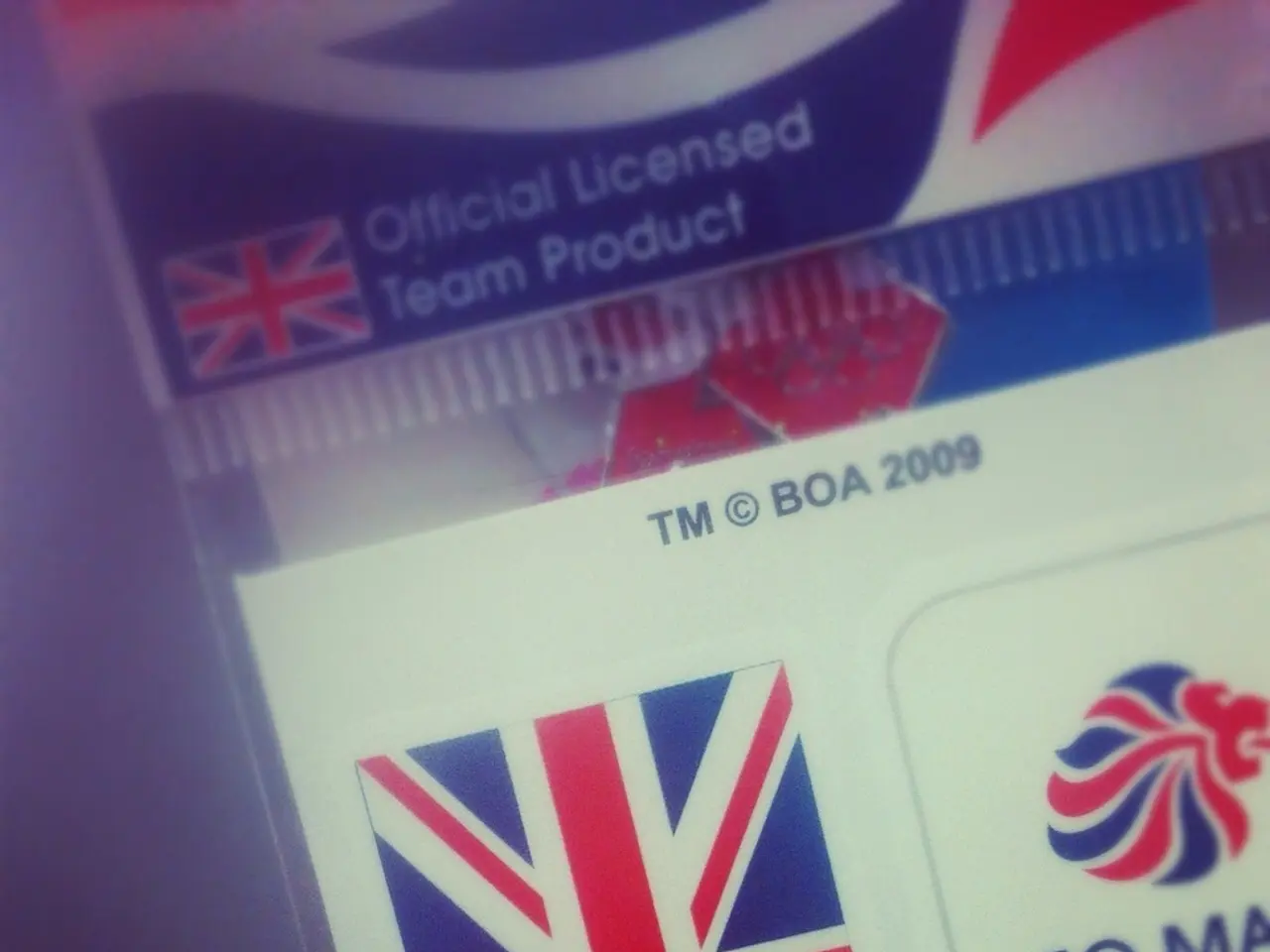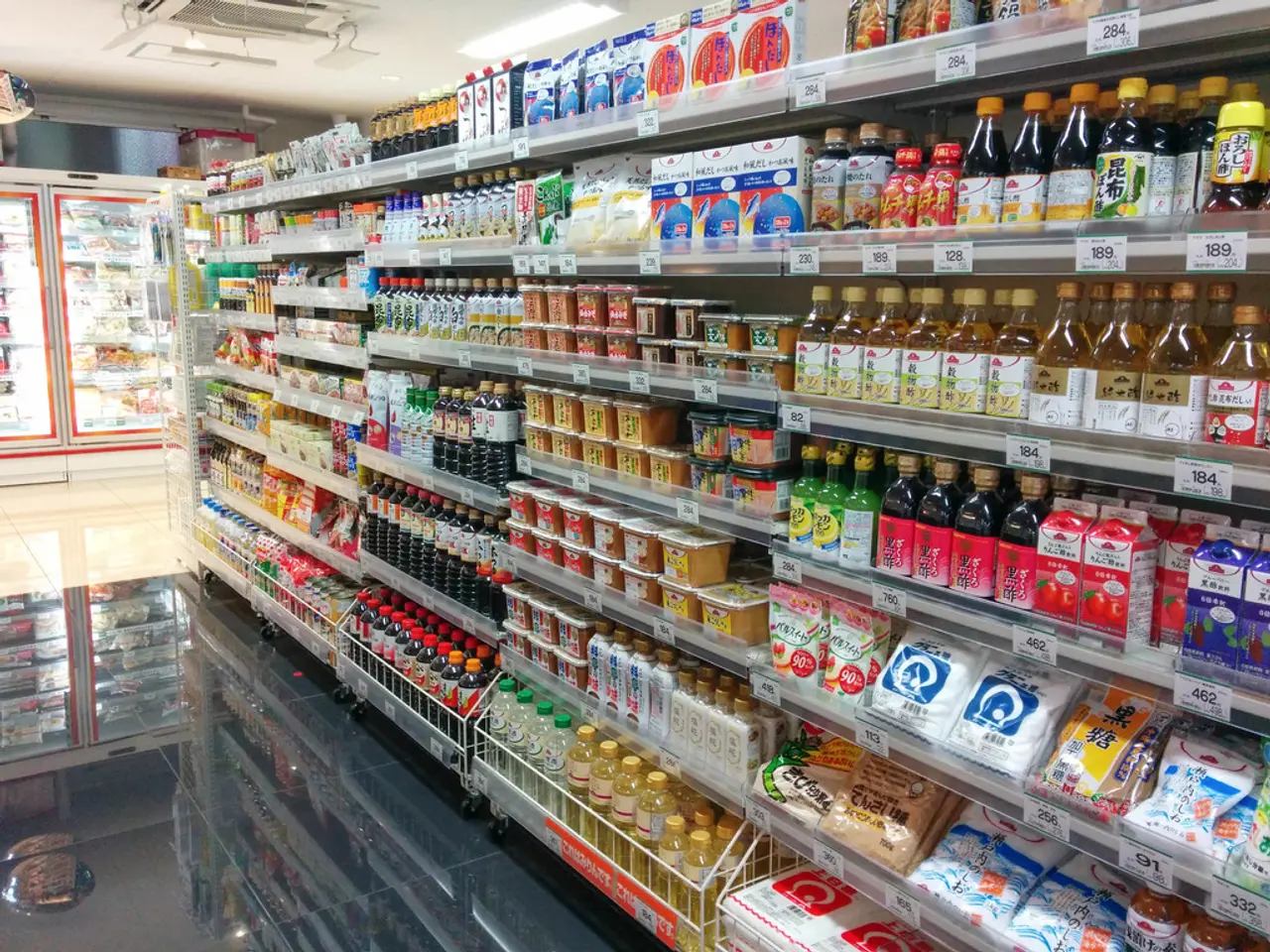Numerous Opportunities to Aid Our Brand-Named Disabled Organizations
In the vibrant landscape of American entrepreneurship, a growing number of initiatives are dedicated to supporting business owners living with disabilities. These programs provide a diverse array of grant and loan opportunities, fostering an inclusive and accessible environment for all.
The National Disability Institute offers assistive technology loans of up to $30,000 to residents of New Jersey and New York at below-market interest rates. The Accion Opportunity Fund extends a helping hand to small businesses, offering loans ranging from $5,000 to $250,000, and aiding with costs related to assistive technology, an accessible workplace, and adaptive work vehicles.
For those identifying as members of marginalized groups, the Transform Business Grant offers $1,000 grants and a year-long mentorship program, while the Feed the Soul Foundation provides $10,000 grants and six months of business consulting to entrepreneurs launching a culinary enterprise that is 51% owned by a person who identifies as marginalized.
The National Association for the Self Employed (NASE) extends a helping hand to entrepreneurs with $4,000 business grants to help grow their enterprise. The federal government, too, offers grant and loan programs for small businesses, with the Department of Health and Human Services and the Centers for Disease Control and Prevention (CDC) providing grant opportunities.
Beyond these commonly mentioned programs, additional grant and loan opportunities are available. For instance, the Disability Access, Equity, and Inclusion Technical Assistance and Developmental Evaluation grant in California supports organizations that enhance access and inclusion for individuals with disabilities in workforce development programs.
In San Francisco, small business owners can apply for the San Francisco Accessibility Grant, which covers expenses related to making businesses more accessible. The U.S. Small Business Administration (SBA) does not generally provide grants for general business operations but offers specialized grant programs for innovation and entrepreneurship, such as the Small Business Innovation Research (SBIR) and Small Business Technology Transfer (STTR) programs.
Veteran entrepreneurs with disabilities may explore programs like the Service-Disabled Veteran-Owned Small Business (SDVOSB) Program and Veteran Business Outreach Centers (VBOCs), which provide government contract access, training, mentorship, and funding preparation resources specifically tailored for veterans.
Local loan programs such as the Monroe County MicroAdvantage Loan Program provide low-interest loans ranging from $10,000 to $50,000 to entrepreneurs, including those with disabilities depending on eligibility and local guidelines. The SBA Microloans offer up to $50,000 to small businesses and certain nonprofits, with an average loan of $13,000.
The SBA publishes a list of grants, while the SBA 7(a) loans offer funding from $50,000 to $5 million for established businesses or partly funded startups needing a large loan to scale, with a maximum of 100 employees. The NAACP and Leslie's Certification Boost Grant provides $5,000 to small business owners in certain states to help obtain business certifications, including the Disability-Owned Business Enterprise (DOBE) certification.
The National Arts and Disability Center publishes and updates a list of resources for people living with a disability. An SBA Express loan is similar to a 7(a) loan, but it's typically faster and has a lower maximum (up to $500,000). The most popular USDA program is the Business and Industry Loan Guarantee Program, which partly guarantees loans for rural businesses in towns with under 50,000 residents.
Grants.gov is a resource for finding federal grant opportunities, while community development financial institutions (CDFIs) invest in businesses in disadvantaged communities and often use Disability Funds-Financial Assistance (DF-FA) to lend money to organizations and businesses that provide assistance to individuals with disabilities.
Many states have loan programs that help business owners with disabilities, such as Advantage Illinois and the Iowa Able Foundation. The Maryland Department of Disabilities runs an Assistive Technology Guaranteed Loan Program that provides low-interest loans for eligible state residents. The USDA Business Loans can be a good source of funds for businesses in rural areas, as a large share of disabled Americans live in rural communities.
In conclusion, a myriad of grant and loan opportunities await entrepreneurs with disabilities in the United States. These programs cater to various needs, from accessibility and inclusion to innovation and specialized populations like veterans. Entrepreneurs are encouraged to research eligibility criteria and application deadlines, as some programs focus on geographic or industry-specific requirements.
- The National Disability Institute offers assistive technology loans for residents in New Jersey and New York at below-market interest rates.
- The Accion Opportunity Fund provides loans to small businesses for costs related to assistive technology, an accessible workplace, and adaptive work vehicles.
- The Transform Business Grant offers grants and a year-long mentorship program to entrepreneurs who identify as members of marginalized groups.
- The Feed the Soul Foundation provides grants and business consulting to entrepreneurs launching a culinary enterprise that is 51% owned by a person who identifies as marginalized.
- The National Association for the Self Employed (NASE) offers $4,000 grants to help grow small businesses.
- The federal government offers grant and loan programs for small businesses, such as the Department of Health and Human Services and the Centers for Disease Control and Prevention (CDC) providing grant opportunities.
- The Disability Access, Equity, and Inclusion Technical Assistance and Developmental Evaluation grant in California supports organizations that enhance access and inclusion for individuals with disabilities in workforce development programs.
- Veteran entrepreneurs with disabilities may explore programs like the Service-Disabled Veteran-Owned Small Business (SDVOSB) Program and Veteran Business Outreach Centers (VBOCs) which offer government contract access, training, mentorship, and funding preparation resources specifically tailored for veterans.




